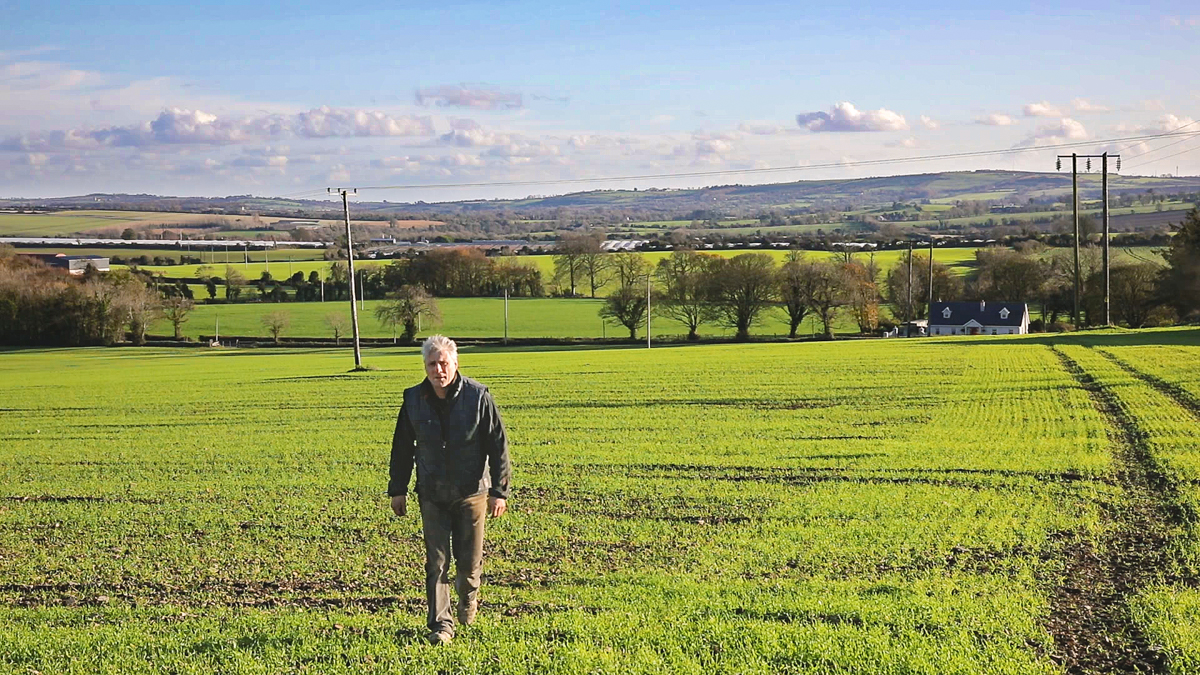Farmers will be able to earn up to £70/ha for actions to improve the health of their soil and livestock farmers will be eligible for a free vet-led annual health and welfare review, the Environment Secretary, George Eustice, confirmed today in an update on the government’s Agricultural Transition Plan.
During his speech at Cereals, the Environment Secretary set out further details around how farmers will receive payments for different schemes under the Agricultural Transition Plan, which outlines the government’s roadmap towards introducing a renewed agricultural system.
He also set out that moorland farmers will be able to be paid to assess the condition of their land, and confirmed the early roll-out of the Sustainable Farming Incentive from spring 2022.
Over this Parliament, the government has committed to maintaining the current levels of investment in farming of £2.4 billion per year, on average.
Direct Payments are being gradually phased out to move to a new system, where the funding released will be redirected back to farmers through environmental land management schemes that will help boost productivity and reward environmental improvements.
30% of the funding released from Direct Payments for environmental and climate outcomes will be made available for farm level actions through schemes such as the Sustainable Farming Incentive.
Farmers will also be eligible for locally-specific and landscape-level schemes through Local Nature Recovery and Landscape Recovery.
‘Soil health is the key to delivering our targets’
Eustice said:
“Soil health is the key to delivering our targets on the environment and improving farm profitability.
Well managed soils can lead to increased biodiversity, improved water quality and reduced carbon emissions.
“Our new Sustainable Farming Incentive will eventually be open to every farmer in England and will incentivise a shift towards more sustainable soil and grassland management.
“The Sustainable Farming Incentive will be the first of three environmental land management schemes to be rolled out and will include actions to improve soil health and water quality, enhance hedgerows and promote integrated pest management,” he added.
“It will also help to accelerate the widespread adoption of more sustainable approaches on all types of farms, building on the excellent practices that already happen on many farms.
These include maintaining and enhancing the natural environment, reducing carbon emissions, and improving the health and welfare of farmed animals.
“The scheme is designed to be accessible, relevant and attractive to the widest possible range of farmers to achieve the aim of at least 70% of eligible farms taking part by 2028.”
An initial call for applicants for the pilot was answered by more than 2,000 farmers and land managers.

